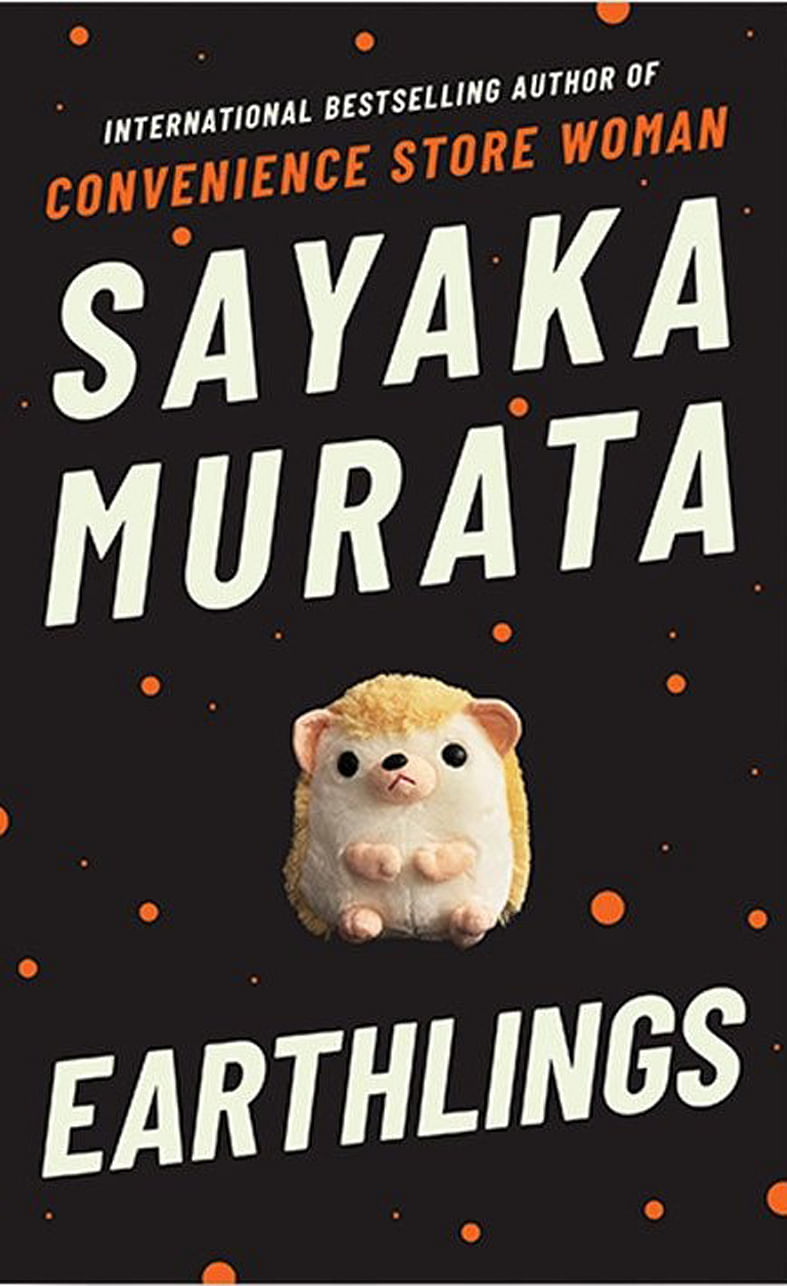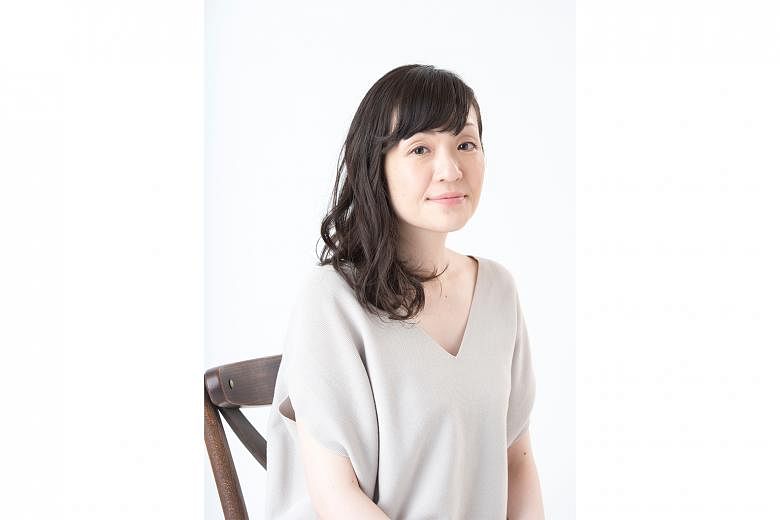Japanese author Sayaka Murata burst onto the international literary scene with the award-winning Convenience Store Woman, published in Japanese in 2016 and translated into English in 2018.
In the book, a social misfit finds a sense of belonging while working at one of Japan's ubiquitous convenience stores.
Murata stays true to form in Earthlings, which was published in Japanese in 2018 and is her second novel to be translated into English by Ginny Tapley Takemori.
This coming-of-age story has a protagonist who is creepily weird yet also discomfitingly familiar.
Natsuki, 11, talks to her hedgehog plush toy Piyyut and is convinced that she is an alien from the planet Popinpobopia, if only as a form of escapism from her dysfunctional family.
She is in love with her cousin Yuu, who is the son of a single mother and also believes he is from Popinpobopia.
The two children, who meet only once a year when the extended family gathers in a family home in mountainous Nagano, see themselves "living as parasites on our families".
They privately exchange marriage vows, entering a pact to "survive no matter what", though they are eventually split up.
Earthlings is not the easiest novel to stomach.
Parents, drawn to the cutesy cover, may be inclined to pick up the book for their children, but should be forewarned that it contains adult themes such as incest - albeit consensual - cannibalism, sexual awakening and child abuse.
Natsuki says: "The person who had given birth to me said I was a dead loss, so I decided it really must be true. I was probably causing a nuisance to the neighbours just by existing."

She comes to believe that she has magical powers, including "out-of-body experiences", in which her soul dissociates from her human body - though this is more likely to be a coping mechanism for trauma - and has been entrusted with a mission to rid the world of a wicked witch.
As an adult, she enters into a sexless, romance-less, contractual marriage with Tomoya in order to satisfy the demand that they become cogs of the "Factory" - a euphemism for society at large, epitomised by her endlessly prying mother and sister.
They flee to Nagano, where Yuu now lives in their family home, and the trio decide to live in a moral vacuum as they await salvation in their version of Eden.
But their paradise - like that in South Korea's Academy Award-winning Parasite (2019), a movie about class discrimination and the desperate lengths a down-and-out family will go to climb the social ladder - does not last for long.
Likewise, Murata's tale is a wholly original contemplation of the ills that threaten Japanese society today and their potentially debilitating effect on mental health.
She gives a voice - albeit a twisted one - to the voiceless: the bullied schoolchildren, the minors who fall prey to paedophiles and the adults who are pressured to conform to societal norms.
If you like this, read: Breasts And Eggs by Mieko Kawakami, translated by Sam Bett and David Boyd (Picador, 2020, $29.95, available at bit.ly/BEggs_MK), a timely and intimate, if radical, depiction of what it means to be modern women in Japan and rebel against social norms.
-
FICTION
-
EARTHLINGS
By Sayaka Murata, translated by Ginny Tapley Takemori
Granta/ Paperback/ 234 pages/ $22.95/ Available at bit.ly/Earthlings_SM
3/5
• These articles includes affiliate links. When you buy through these, we may earn a small commission.


